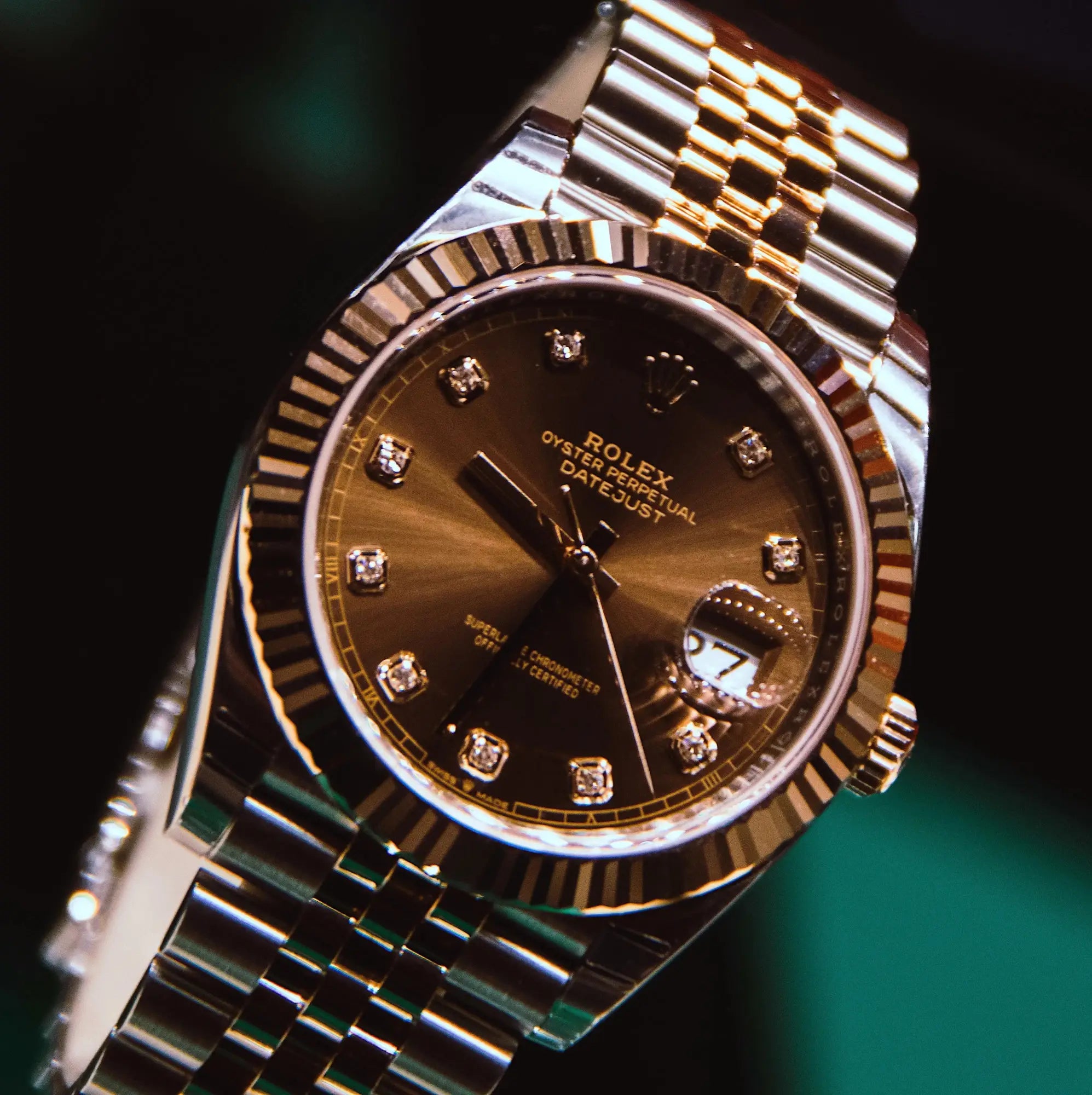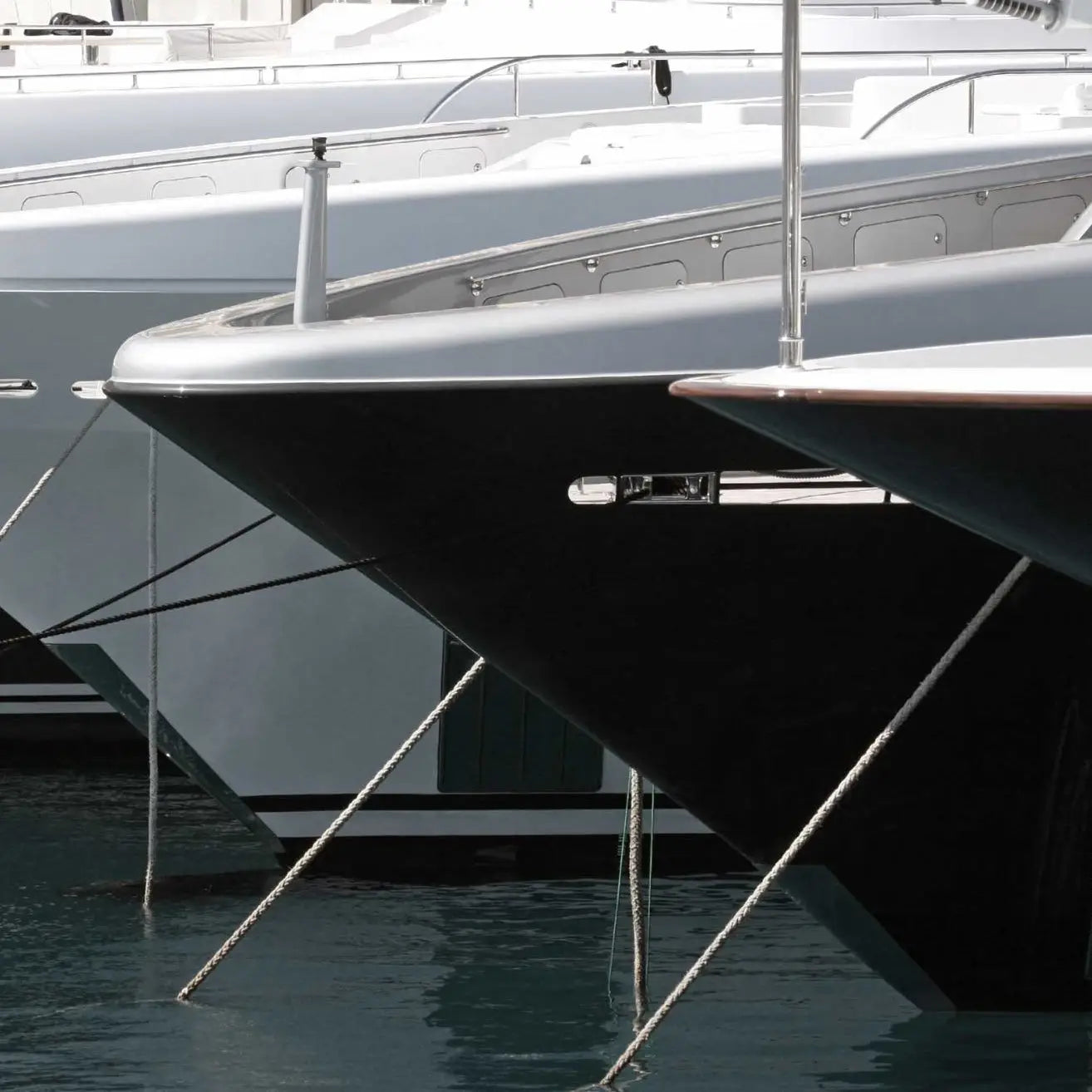
When will you have a large enough capital to no longer have to work?
 Some dream of it, some have to live with it. While the majority between these two groups is likely to gravitate towards the people who can dream of it, a shift in the trend is seen. Where real estate and investing used to be left to the wealthy, now an increasingly larger group wants to be part of the nouveau riche. But when do you belong to the nouveau riche? And when do you have enough capital to consume caviar and champagne all day?
Some dream of it, some have to live with it. While the majority between these two groups is likely to gravitate towards the people who can dream of it, a shift in the trend is seen. Where real estate and investing used to be left to the wealthy, now an increasingly larger group wants to be part of the nouveau riche. But when do you belong to the nouveau riche? And when do you have enough capital to consume caviar and champagne all day?Let us first explain the definition of nouveau riche. A translation from French that means "new rich". The nouveau riche mainly refers to a person or persons who have risen in prosperity within a considerable period of time. This is visible through the high frequency of expenditure on (mainly) luxury goods and services.

Linking the definition of rich to millionaire for convenience. In 2019, there were approximately 223 thousand households in the Netherlands with a capital of at least one million euros.
The Rule
But how much money is needed to stop having to work, in addition to testing the most exclusive perfume? In answering that question, we use the “4% rule”.
This line is short but sweet: You are financially independent if your annual expenses amount to 4% of the total invested capital.
This means, if €38,500 is spent on an annual basis (Income of the average Dutch person) – That one needs: (38,500/4%) X 100 = €962,500 to be financially independent. That seems to be not so bad, but the idea is that the amount (your assets) is not in the bank account, but that it works for you. It is invested in stocks (and bonds) in the form of ETFs. Money in turn produces money in the form of dividends, interest and capital growth. As a result, the capital will last indefinitely, if you do not withdraw more than 4% from it every year.

Why 4%?
Based on past data, the invested capital grows on average by 4% per year. According to the world index, an average return of 8% has been achieved over the past 25 years. Taking into account an inflation rate of 2% and a wealth tax of 1.5 to 2% allows an average growth of 4%.
Knowing this, we only need to determine how much money is needed for just cocktails on the beach. 10, 20 or 30 thousand euros per month? Of course it can't be enough, but for the sake of convenience let's assume a monthly expenditure of thirty thousand euros and the following fixed values:
- The assets are not in the bank but are invested in bonds and shares;
- Annual return is 8%;
- Inflation is 2%;
- Wealth tax (box 3 - the Netherlands) is 1.7%.
According to the 4% rule, for a life without work, you will then need a net worth of approximately $9,000,000 (with monthly expenses of $30,000). In that case, you will make as much return as you spend it in percentage. The data from the past offer no guarantee for the future, but they do provide an interesting indication.
So, that becomes the target. Good luck.
We'd love to hear from you if you'd like to order Paul Hartwood's champagne!
(If that fits within the monthly expenses).



